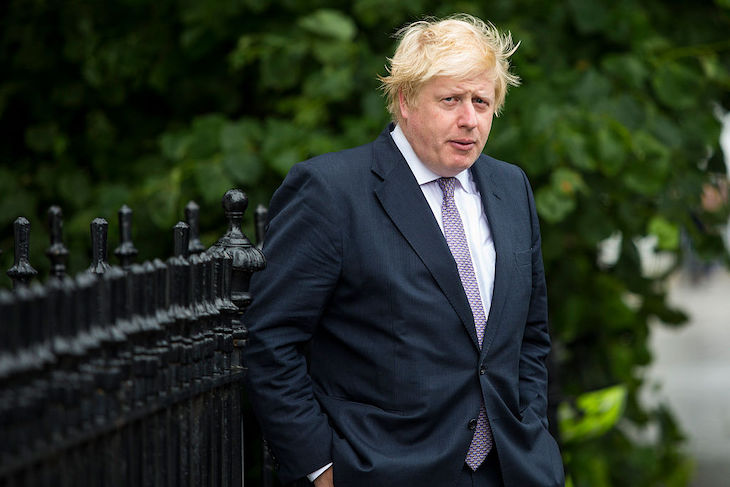Before he even gets in to Number 10, Boris Johnson must make one of the most important calls of his premiership. As I say in the Sun this morning, he must decide what his Brexit plan is.
On Wednesday, calls with European leaders will begin—and Boris Johnson will have to know what he wants to tell them. As one of those preparing him for government puts it, ‘They’ll call him to say congratulations—and he’ll have to set out his stall’.
This is crucial because the European Commission will refuse to negotiate with Boris’s government unless it is instructed to do so by the member states.
Within the Johnson camp, there is an ongoing debate about what course to take. Geoffrey Cox, the attorney general and one of Boris’s key backers, still thinks there are ways to make the current deal acceptable. He believes that it is worth considering seeking changes to the backstop that mean it is temporary, not permanent, and that the UK cannot be trapped in it. Those close to him believe that he was making progress on securing those changes until Theresa May’s Number 10 pulled the rug from under him this Spring.
But others including the former Tory leader and Boris campaign chair Iain Duncan Smith and Housing Minister Kit Malthouse are arguing that May’s deal is dead and there’s no point just tweaking it. They have pushed Boris hard to start again and abandon the current withdrawal agreement.
Iain Duncan Smith prefers the idea of a standstill transition while a free trade agreement is negotiated. There are, though, two issues with this. First, it doesn’t offer Dublin any guarantees about what would happen on the Irish border. It would be politically very difficult for Leo Varadkar to accept such a climbdown.
The second problem is the question of who would arbitrate on any disputes in this period. IDS is very opposed to the idea of the European Court of Justice having jurisdiction over this agreement. But it is hard to see the EU side even entertaining this idea without some guarantees on that.
It is hard to be certain which option Boris Johnson will take. But one of his confidants says that after Thursday’s hefty defeat for the government, ‘He is beginning to realise how difficult the arithmetic is’. That may well push him towards the Cox approach.
If Boris Johnson can get a deal and get parliament to show its support for it by October 31st and get Britain out of the EU, he’ll have triumphed. He’ll be set fair for a general election next year that would likely deliver him a healthy majority.
This weekend, Boris must decide which approach is most likely to get him there. After all, to govern is to choose







Comments